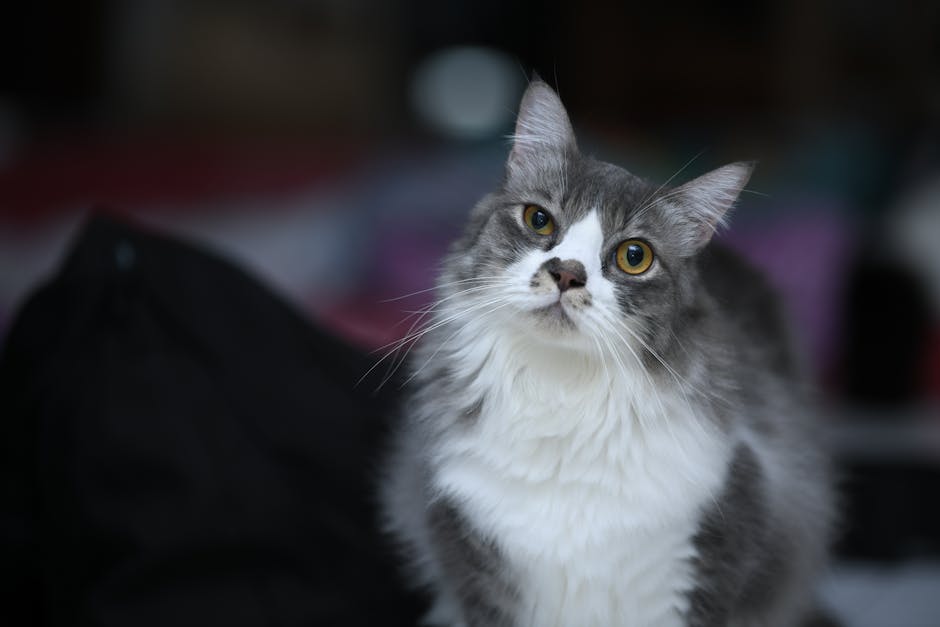Owning a pet is a rewarding experience, filled with unconditional love and companionship. However, the decision to welcome a furry, feathered, or scaled friend into your home necessitates a thorough understanding of the financial responsibilities that accompany this joy. A comprehensive look reveals a multifaceted array of costs, extending far beyond the initial purchase price.
Initial Investment: Beyond the Price Tag
The acquisition of a pet, while seemingly straightforward, often entails a hidden set of expenses. The initial investment frequently encompasses more than just the purchase price itself. This stage often includes crucial items like a comfortable bed, high-quality food appropriate to the animal’s age and breed, and vital supplies such as bowls, toys, and leashes. For puppies or kittens, vaccinations, microchipping, and the initial veterinary visit are significant, upfront costs. Furthermore, specialized equipment for certain breeds or animals with specific needs such as a specialized cage for a bird or a supportive harness for a senior dog can significantly increase this upfront investment. Consider, too, the potential cost of a pet carrier for travel or emergencies.
Ongoing Expenses: A Continuous Flow
Once the initial investment is handled, the financial responsibilities continue. Recurring costs form a significant portion of the overall expense structure, representing a commitment that extends throughout the pet’s life. Food remains a consistent expenditure, with preferences and dietary needs influencing the cost. The quality of food greatly impacts the pet’s health and well-being, often justifying the higher price point. Regular veterinary care, including check-ups, vaccinations, and potential medical emergencies, is a fundamental aspect of responsible pet ownership and inevitably contributes substantially to the ongoing costs.
Unexpected Emergencies: The Unpredictable Contingencies
Life with a pet is rarely a smooth path. Unexpected health issues and emergencies often present themselves, and these contingencies can bring about substantial, unforeseen financial obligations. A sudden illness, injury, or even routine surgeries can quickly drain savings and require careful financial planning. Understanding the potential for such contingencies is crucial when considering pet ownership. Pet insurance is a crucial consideration in mitigating these risks.
Beyond the Basics: Enrichment and Entertainment
Beyond fundamental necessities, responsible pet owners understand the importance of enriching their pets’ lives. Quality toys and interactive games not only entertain but also stimulate mental and physical well-being. Accessories such as grooming supplies, bedding, and specialized equipment for training or play contribute to this enrichment, adding further expense to the equation. The dedication required to ensure a stimulating environment, especially for energetic breeds, necessitates further financial investment.
Housing Considerations: A Factor in Financial Planning
If your pet requires a dedicated space beyond a simple bed or cage, the associated costs multiply. Constructing a dog run or creating a dedicated area for a pet’s activities demands financial resources. Acquiring suitable furnishings and equipment necessary for a comfortable environment, such as a cat tree or a bird’s aviary, represents another layer of expenditure.
Lifestyle Alterations: Adjustment in Daily Budget
Owning a pet often necessitates lifestyle adjustments that impact the daily budget. Travel and accommodations often require provisions for the animal’s comfort and care. These adjustments may entail extra expenses, such as pet-friendly lodging or pet transportation services, impacting the owner’s daily expenditures. The commitment to a pet necessitates a degree of adaptability and flexibility in financial planning.
The Emotional Costs: Beyond the Monetary
While this article primarily focuses on the financial aspects of pet ownership, it’s crucial to acknowledge the emotional commitment, which, while immeasurable, often comes at a significant cost. The time and emotional investment in a pet are invaluable, often requiring time and attention, impacting career or other commitments. Pet owners often find themselves making sacrifices to accommodate their animal companions, contributing to an emotional cost that transcends monetary value.
Choosing the Right Pet: An Informed Approach
Ultimately, choosing the right pet for your lifestyle and financial capacity is paramount. Different species, breeds, and ages have varying needs, influencing the associated costs. A thorough understanding of these requirements allows pet owners to make informed choices that align with their financial capabilities.
Conclusion: A Calculated Commitment
Owning a pet is a significant commitment, with profound rewards. However, prospective owners must thoroughly assess their financial capacity to ensure they can meet the ongoing expenses associated with their beloved companions. Detailed planning, budgeting, and careful consideration of unexpected costs are critical for navigating the financial landscape of pet ownership and ensuring a fulfilling experience for both the pet and the owner. The upfront investment, ongoing expenditures, unforeseen emergencies, lifestyle alterations, and the essential emotional commitment all must be factored into the equation. Ultimately, the decision to welcome a pet into your home should be one made thoughtfully and responsibly.
